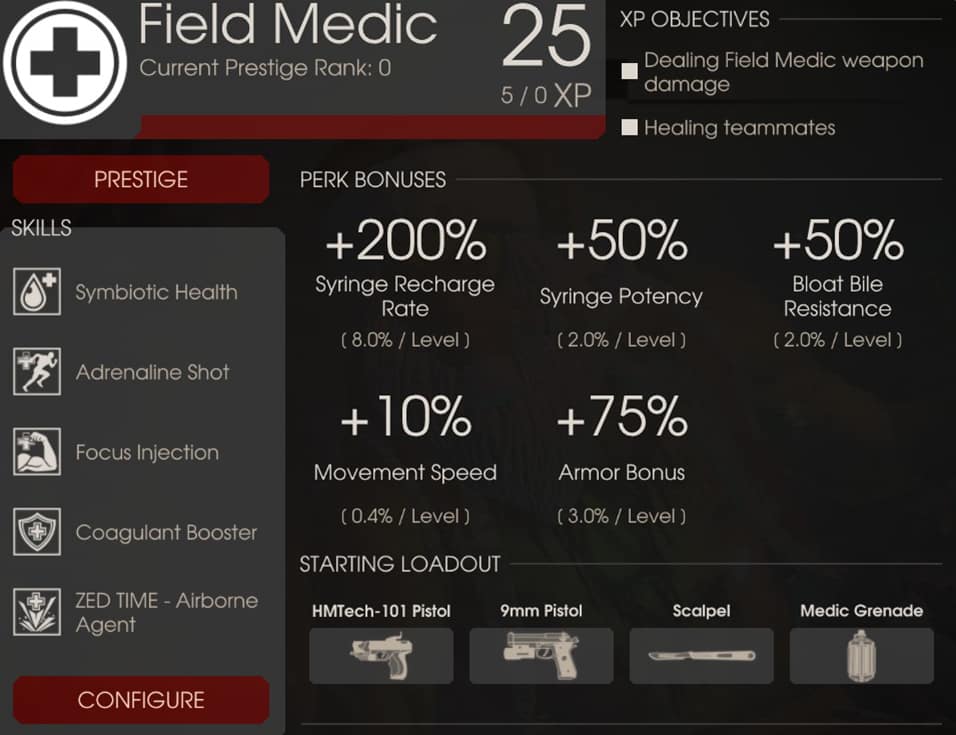
The notion of a standard language in a speech community is related to the prestige of the languages spoken in the community.

Therefore, the prestige variety of a given language community or nation-state has symbolic significance and may act as an instrument of political power. With certain exceptions, they are the language varieties of the prestigious social classes. Prestige varieties do not exhibit features, grammatically speaking, which prove them superior in terms of logic, efficacy or aesthetics. However, there are many exceptions to this rule, such as Arabic, in which Egyptian Arabic is widely used in mass media aimed at international audiences, while Literary Arabic (also known as Standard Arabic) is a more prestigious form. As such, the standard language, the form promoted by authorities-usually governmental or from those in power-and considered "correct" or otherwise superior, is often the prestige variety. Prestige varieties are those that are regarded mostly highly within a society. Overt prestige is related to standard and "formal" language features, and expresses power and status covert prestige is related more to vernacular and often patois, and expresses solidarity, community and group identity more than authority. There are thus the concepts of overt and covert prestige. Īdditionally, which varieties, registers or features will be considered more prestigious depends on audience and context. The prevailing view among contemporary linguists is that, regardless of perceptions that a dialect or language is "better" or "worse" than its counterparts, when dialects and languages are assessed "on purely linguistic grounds, all languages-and all dialects-have equal merit". The result of language contact depends on the power relationship between the languages of the groups that are in contact.

Sociolinguistic prestige is especially visible in situations where two or more distinct languages are used, and in diverse, socially stratified urban areas, in which there are likely to be speakers of different languages and/or dialects interacting often. The relationship between language and identity construction as a result of prestige influences the language used by different genders and races. Social class has a correlation with the language that is considered more prestigious, and studies in different communities have shown that sometimes members of a lower social class attempt to emulate the language of individuals in higher social classes to avoid how their distinct language would otherwise construct their identity. The level of prestige a group has can also influence whether the language that they speak is considered its own language or a dialect (implying that it does not have enough prestige to be considered its own language). Generally, the language or variety that is regarded as more prestigious in that community is the one used by the more prestigious group. The presence of prestige dialects is a result of the relationship between the prestige of a group of people and the language that they use. The concept of prestige provides one explanation for the phenomenon of variation in form, among speakers of a language or languages. In addition to dialects and languages, prestige is also applied to smaller linguistic features, such as the pronunciation or usage of words or grammatical constructs, which may not be distinctive enough to constitute a separate dialect. In many cases, they are the standard form of the language, though there are exceptions, particularly in situations of covert prestige (where a non-standard dialect is highly valued). Prestige varieties are language or dialect families which are generally considered by a society to be the most "correct" or otherwise superior.


In sociolinguistics, prestige is the level of regard normally accorded a specific language or dialect within a speech community, relative to other languages or dialects.


 0 kommentar(er)
0 kommentar(er)
